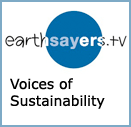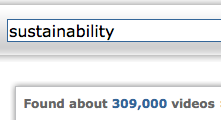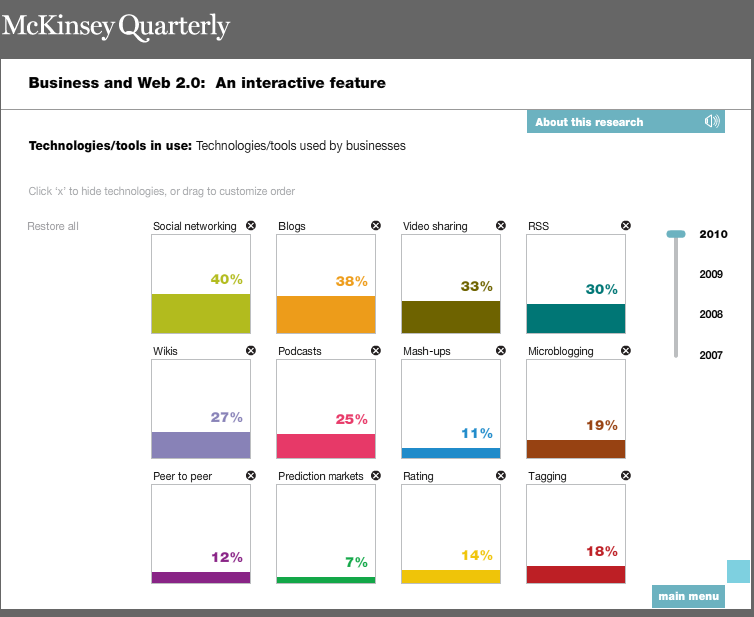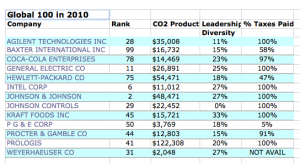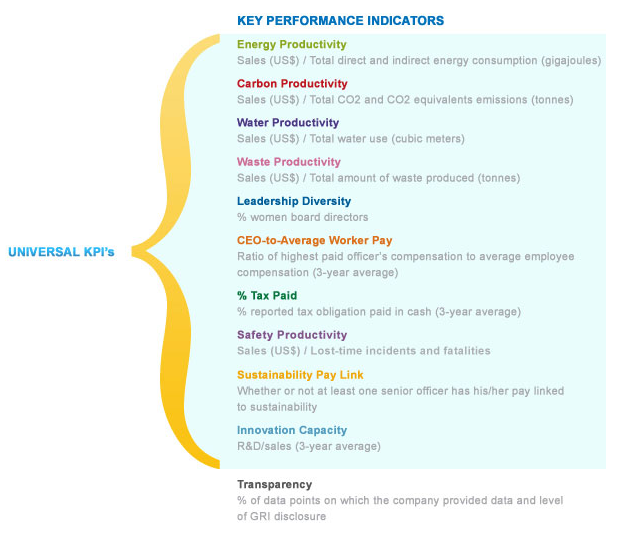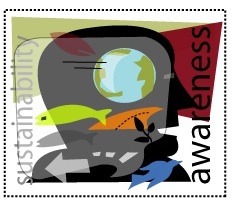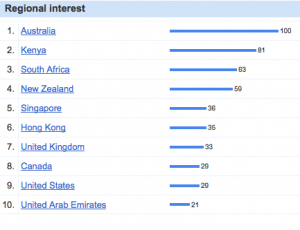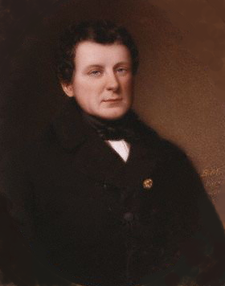Good News
According to a New York Times article, “A USA Today/Gallup poll conducted in January found that 83 percent of Americans want Congress to pass legislation promoting alternative energy, and a recent poll by the Opinion Research Corporation found that almost two-thirds want the Environmental Protection Agency to be more aggressive.” This is the good news.
Bad News
The bad news is in the same story: “Saying no to mainstream climate science, notes Daniel J. Weiss, a senior fellow and director of climate strategy for the Center for American Progress, is now a required practice for Republicans eager to play to an emboldened conservative base…It’s seen as another way for government to control people’s lives. It’s become a cultural issue.” As the article makes clear, “since taking over the House of Representatives, the Republicans have packed science-related committees with lawmakers who refute such basic findings as the reality of global warming and the threats of climate change. Fred Upton, the head of the House Energy and Commerce Committee, has said outright that he does not believe that global warming is man-made.
Tying it to what is going on with Google search traffic, from the handy Google traffic estimator and keyword tools (part of Google Adwords), 18,100 U.S. folks search on ‘alternative energy sources’ about half the number on “global warming hoax” at 33,100, but nearly double that number (90,500) search on both global warming facts and variations of the phrase. Global search on global warming is 2,740,000 with 1,000,000 in U.S. while as noted above 63% of the estimated traffic on Google for “global warming hoax” is coming from the United States.
The EPA weighs in at 1.5M with over 800,000 in the United States.
What the EPA Website says about global warming would be important in terms of citizen education. What does it say?
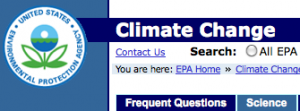 Global warming is part of the special section on climate change. It is part of climate change because climate change addresses a broader range of issues, not just temperature change, and as the site notes causes of these changes are the “human activities that change the atmosphere’s makeup (e.g, burning fossil fuels) and the land surface (e.g., cutting down forests, planting trees, building developments in cities and suburbs, etc.). As to global warming the site defers to the “Intergovernmental Panel on Climate Change (IPCC) scientists who believe that it is very likely (greater than 90 percent chance) that most of the warming we have experienced since the 1950s is due to the increase in greenhouse gas emissions from human activities.”
Global warming is part of the special section on climate change. It is part of climate change because climate change addresses a broader range of issues, not just temperature change, and as the site notes causes of these changes are the “human activities that change the atmosphere’s makeup (e.g, burning fossil fuels) and the land surface (e.g., cutting down forests, planting trees, building developments in cities and suburbs, etc.). As to global warming the site defers to the “Intergovernmental Panel on Climate Change (IPCC) scientists who believe that it is very likely (greater than 90 percent chance) that most of the warming we have experienced since the 1950s is due to the increase in greenhouse gas emissions from human activities.”
No wonder the climate change deniers want to ax the EPA. It’s a major source of Web public education on the subject, thank heavens, as well as a host to a wide range of initiatives to address climate change.

